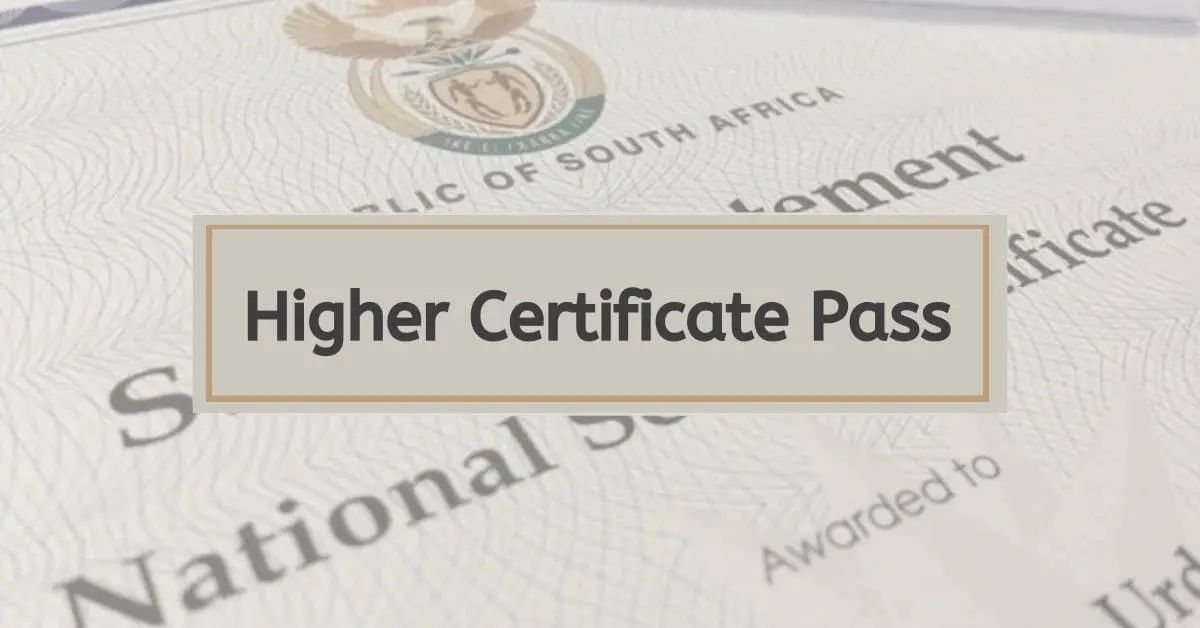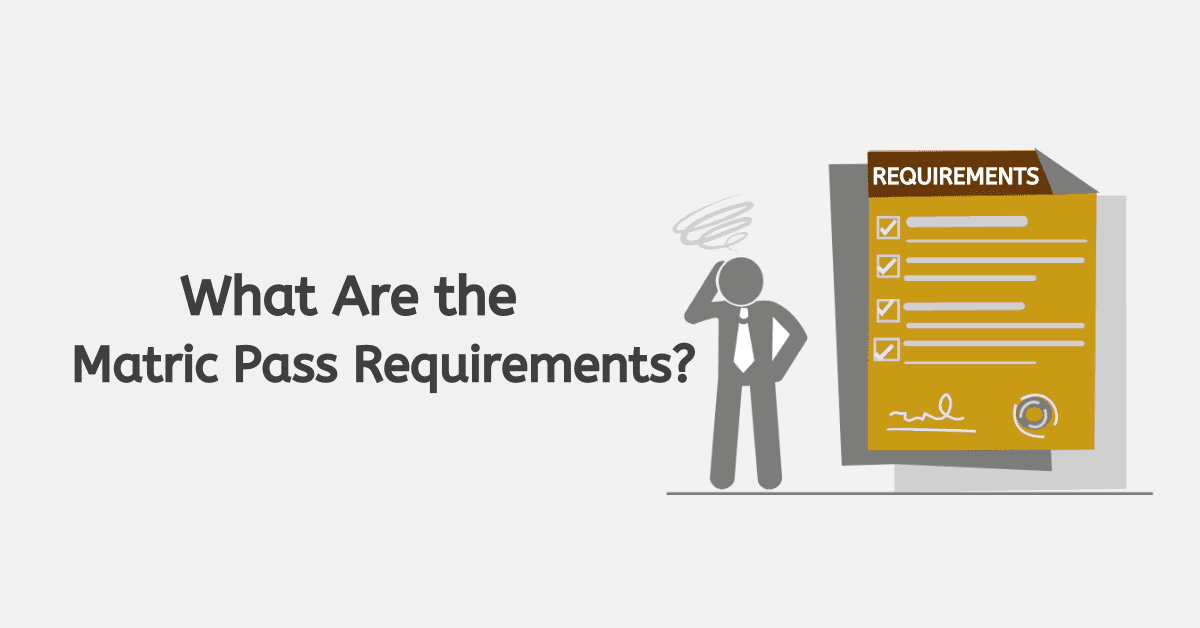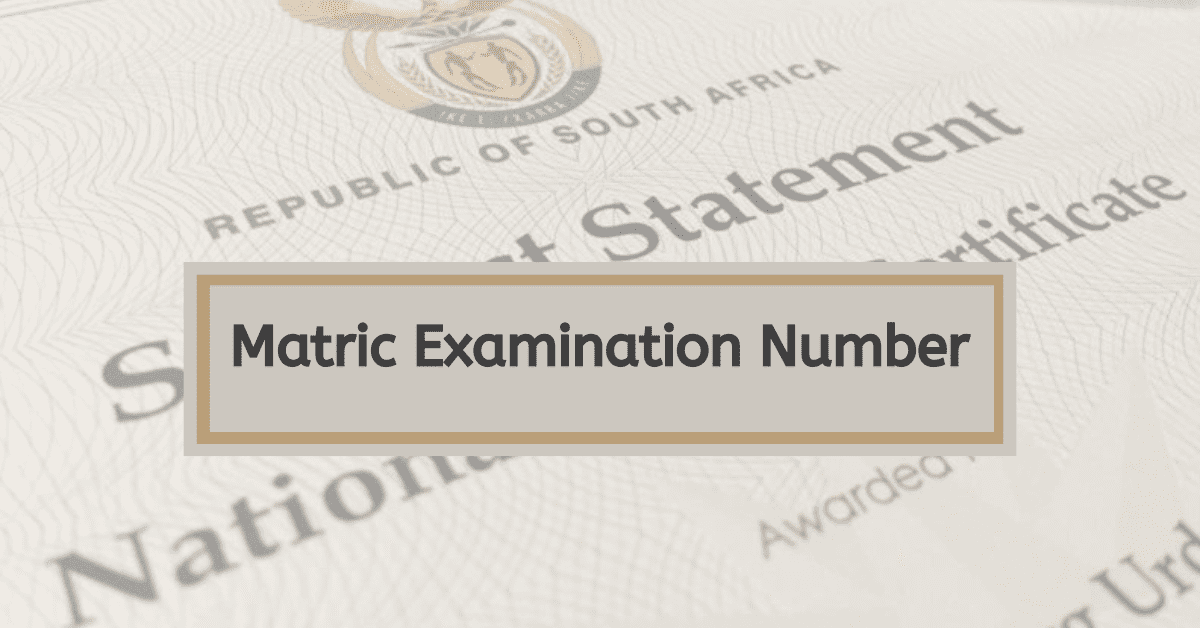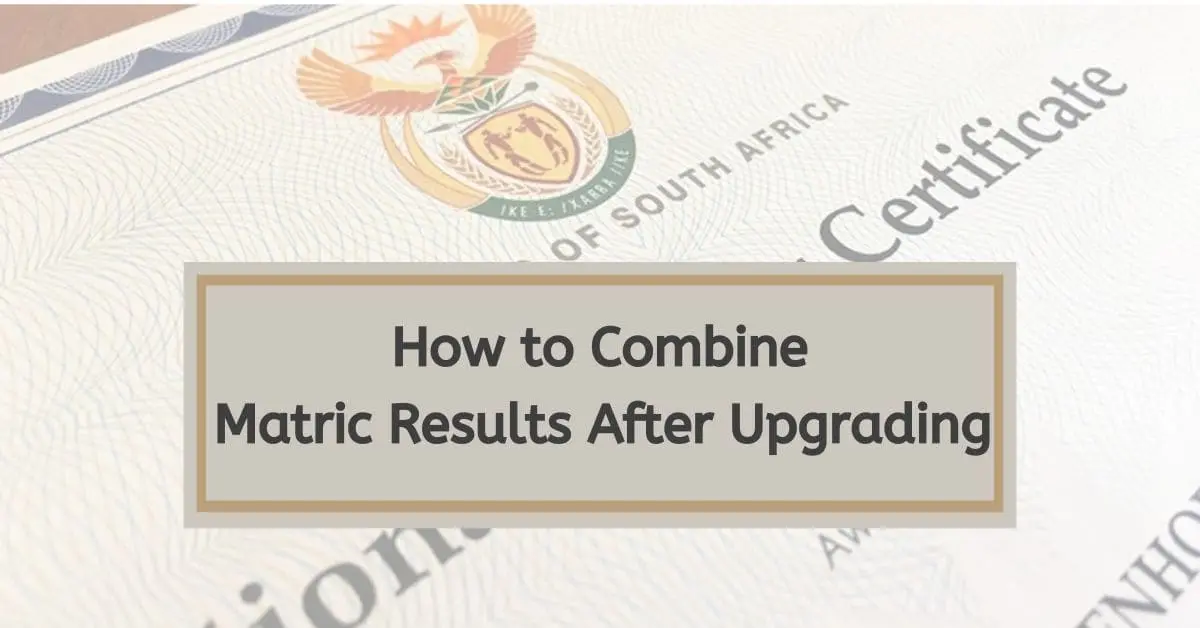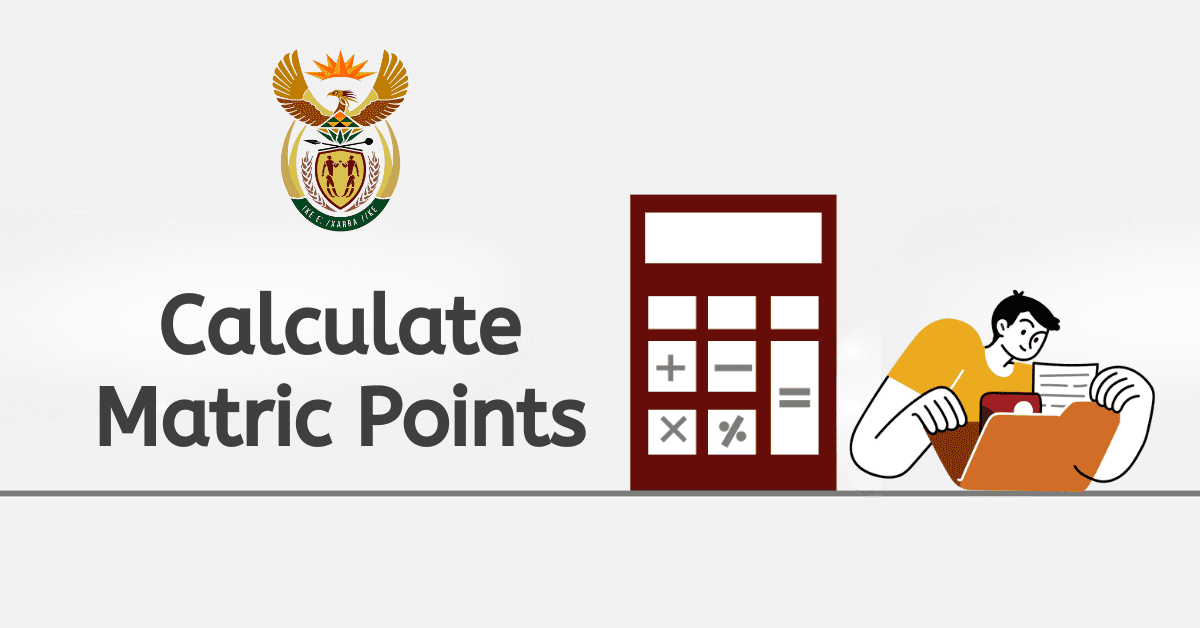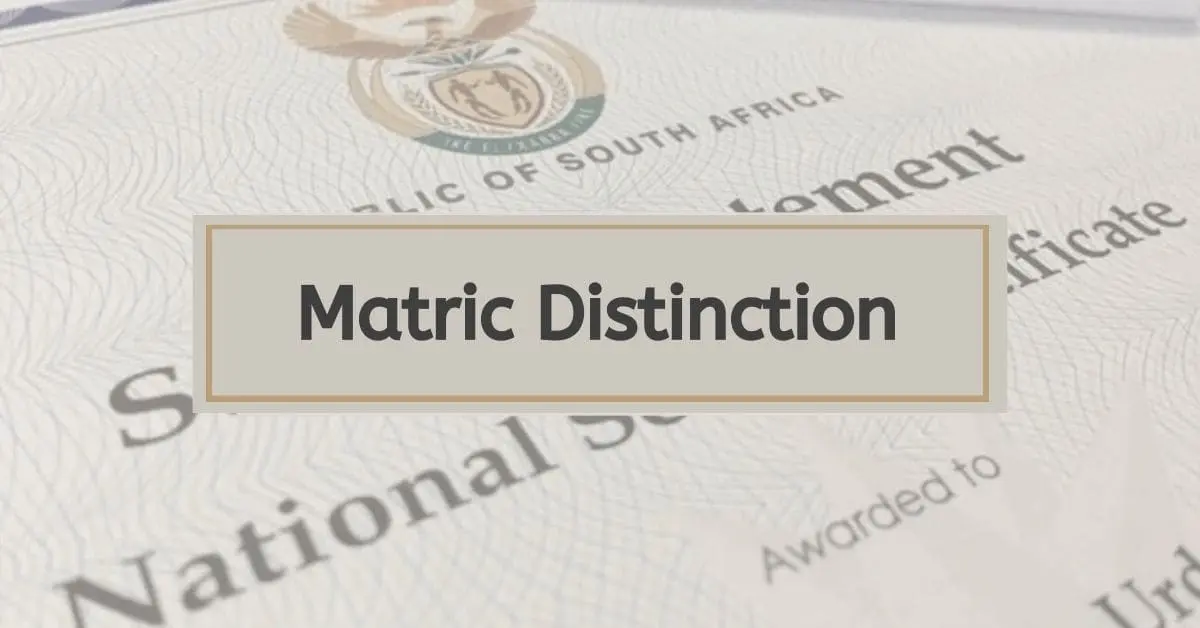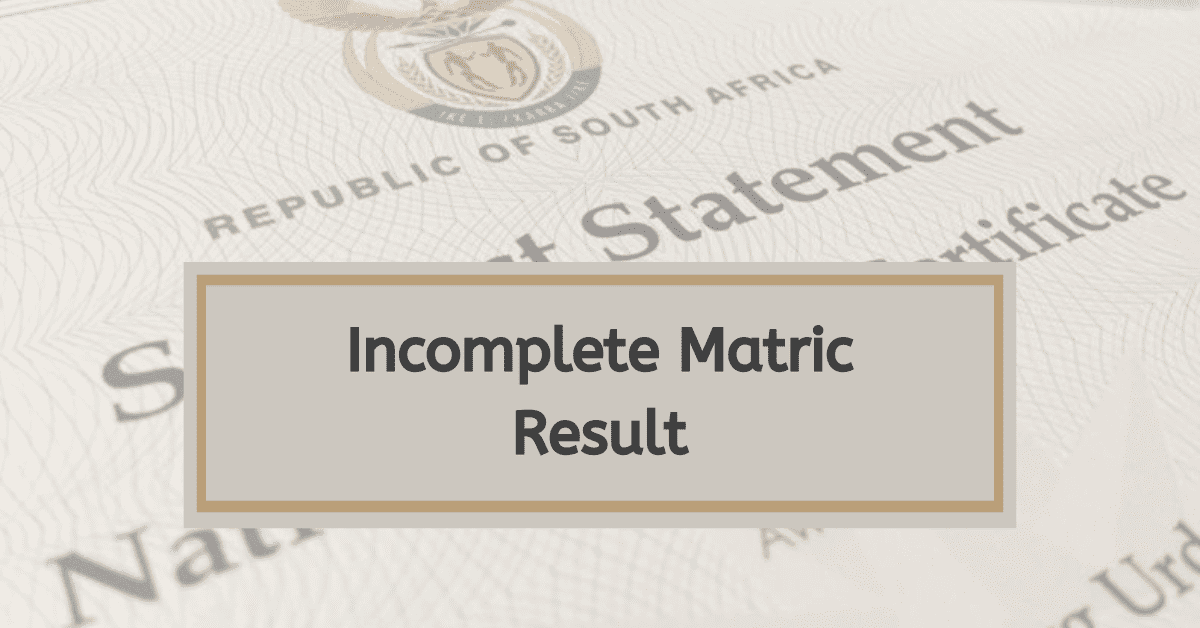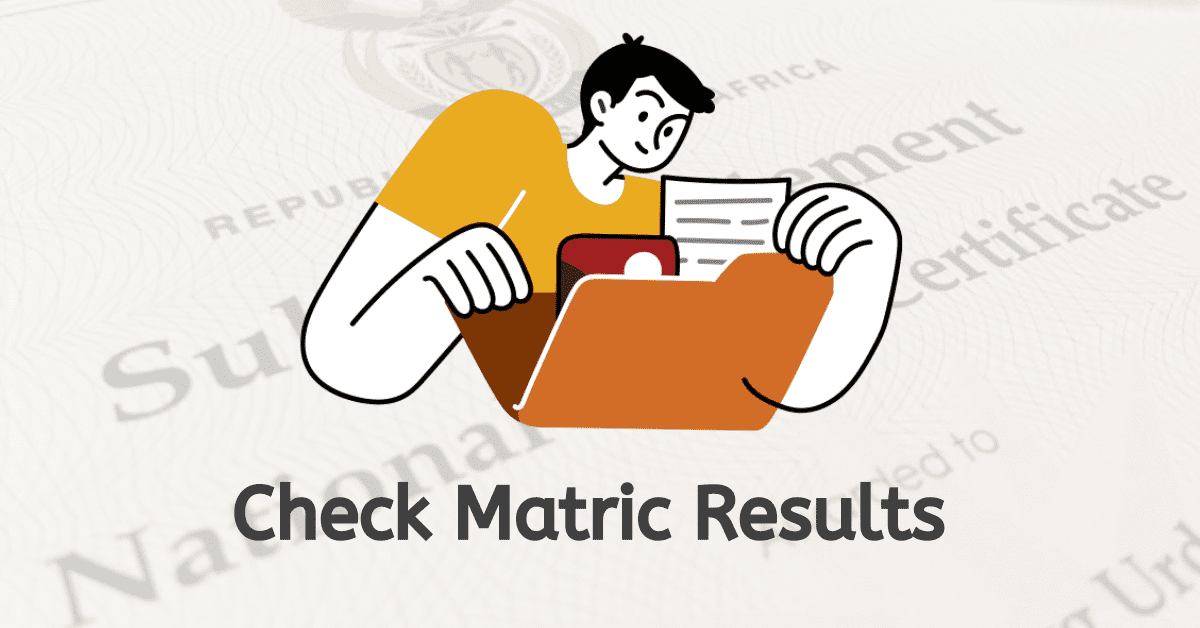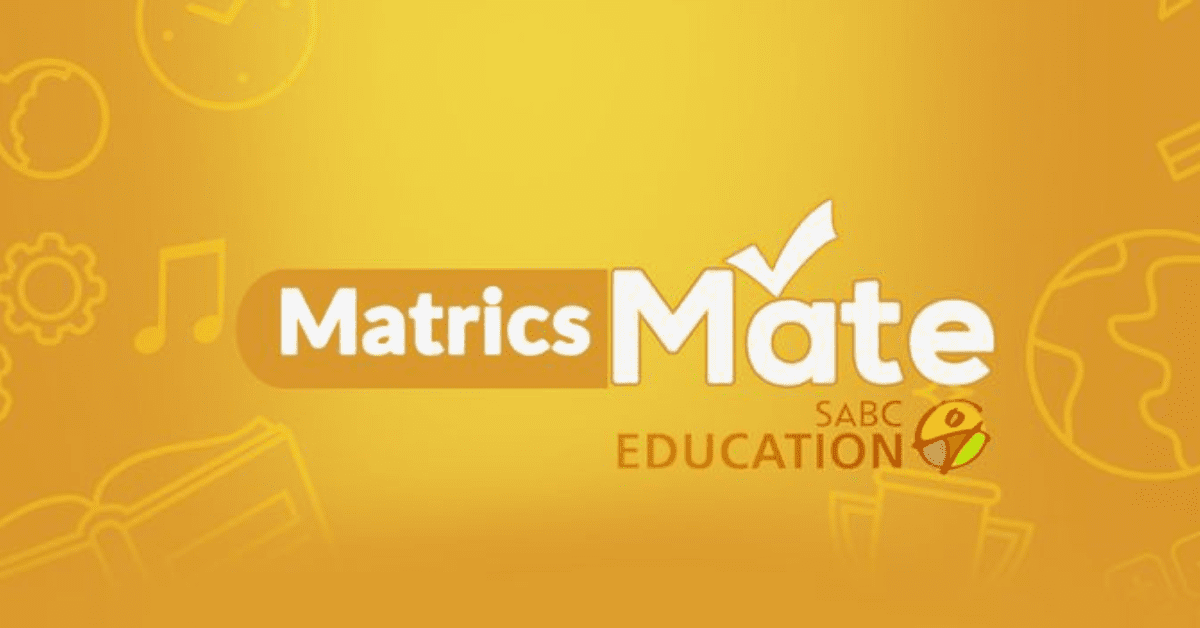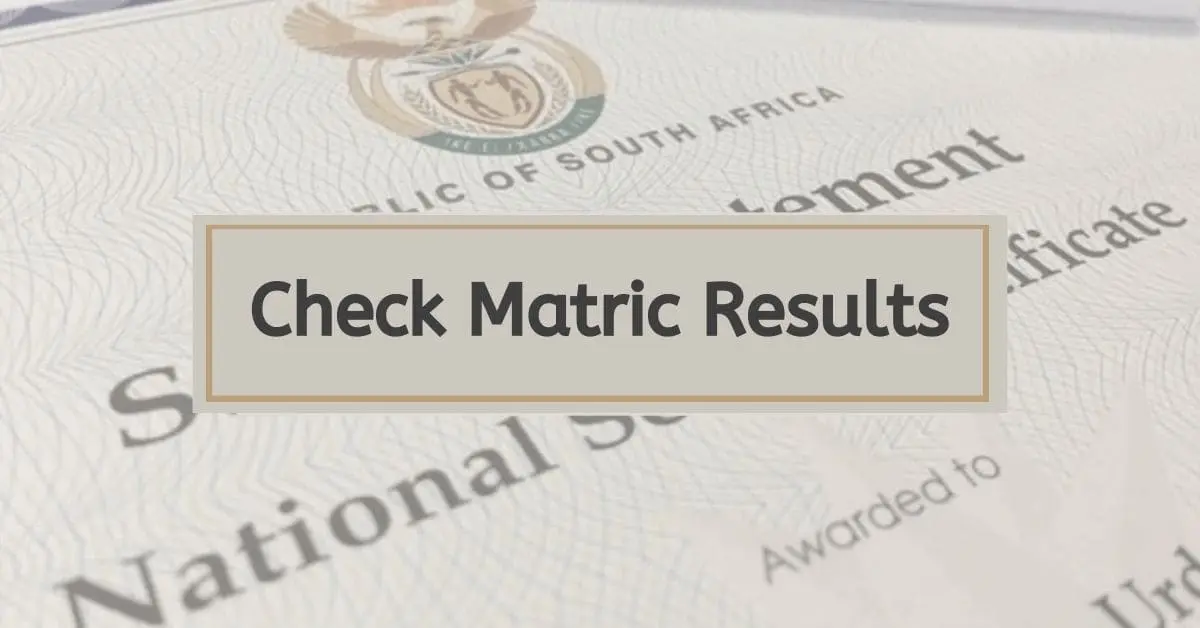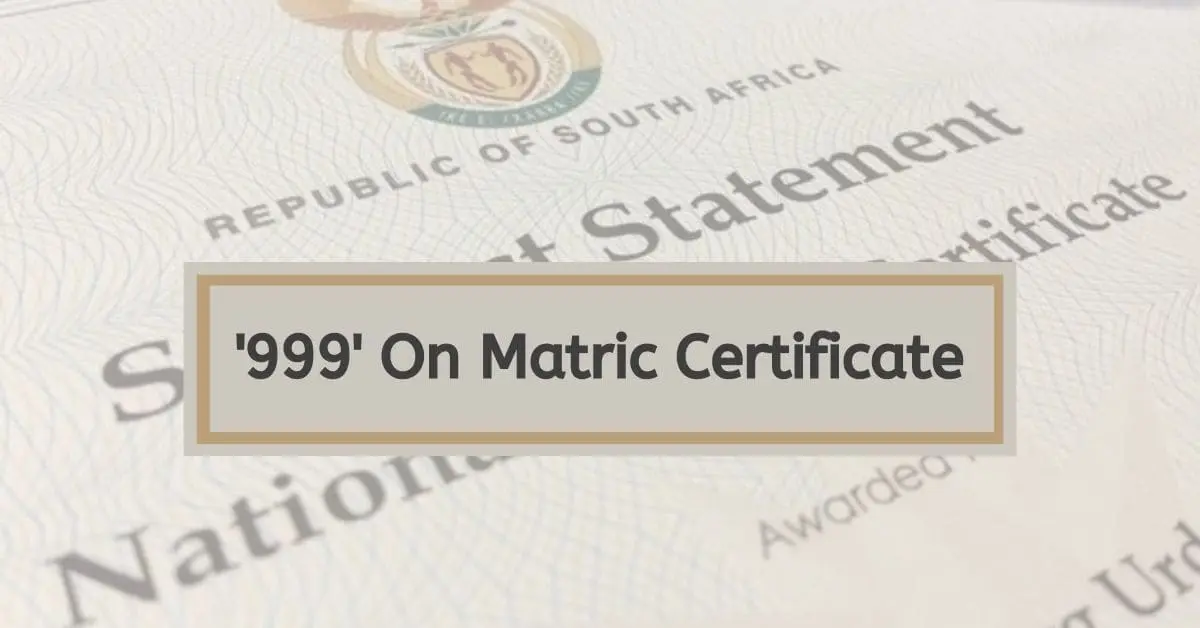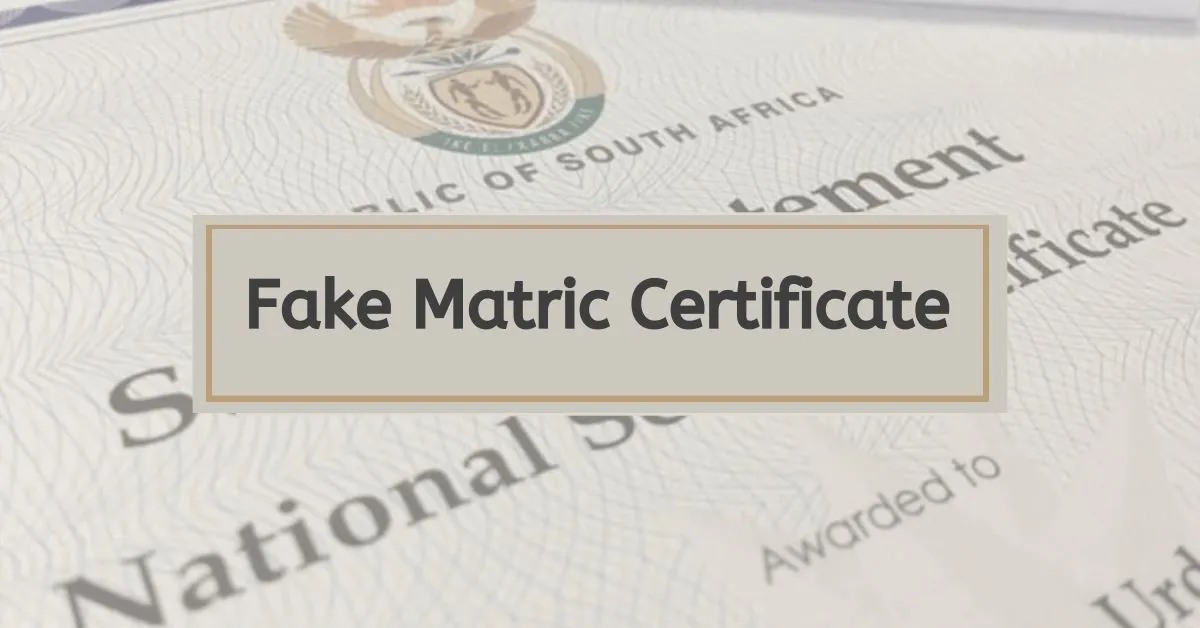If you have not managed to achieve your matric qualification, whether through failure or having to leave school early, there is still hope you can have a working career- including some lucrative and authoritative positions. You may have to work harder and show your credibility in other ways, however, so your path may not be as easy as with formal schooling.
Learnerships are a great way to earn job experience and qualifications, even for those without a matric. Here’s what you should know.
What is a Learnership?
A learnership is the formal term for work-study opportunities offered by a variety of institutions and employers. In effect, you get your practical experience in a specific job role, while doing the theoretical/educational parts of the job role at the same time. You will learn the theoretical components in a classroom while learning physical components on-the-job. In some roles, you may even receive a stipend to help with life and job-related costs.
When the period of the learnership expires, you will walk away with a nationally recognized job qualification and some on-the-job experience to set you apart from the crowd of applicants for full-time job roles. The average learnership length in South Africa is 18 months. Learnerships are managed by the Sector Education and Training Authorities (SETAs), which were introduced by the government precisely to help learners get job experience and upskill themselves at the same time.
Can I Get a Learnership Without a Matric?
The good news is that there are some learnerships open to you if you do not have a matric. However, some learnership will need to see specific academic benchmarks. So you may find you have a more limited field of application than candidates with a basic (or better) matric.
What Job Can You Do Without a Matric?
While a completed basic education is needed for many job roles, you can still find many jobs that do not require a matric. While these tend to earn on the lower end of the employment spectrum, there are niche fields you can work into with the right work experience that offer very solid salaries and employment conditions, too. So if you didn’t manage to finish school with a matric, or if family circumstances forced you to work as soon as possible, there is still hope.
Some well-known entry-level job roles where matric is not needed include:
- Most trades (electrical, plumbing, bricklaying, plastering), as they tend to focus on apprenticeships to learn the trade
- Packing, supermarket, and delivery roles
- Labor (farm, mines, etc) and professional cleaning
- Sales, insurance, and call center positions
- Some reception and real estate positions
- Entry-level security work
- Hospital labor (orderlies, security, and basic positions)
These are far from the only no-matric jobs, too. However, it is important to realize that finishing your matric lends you credibility to employers that those without a finished educational career lack. If possible, we advise trying a learnership that will lead to a job qualification or finding a certificate program you can complete, to offer on your CV as an alternative to your matric.
This helps show you as a dedicated and trustworthy person looking to improve your life through work. Many aesthetic (beauty) jobs, childcare positions, events management, and even basic finance courses will accept you without a matric.
Who Qualifies for a Learnership?
To qualify for a learnership, you need to be between the ages of 16 and 35. Of course, there has to be an employer offering a learnership position near you, or you need to be prepared to relocate. Remember that this isn’t a program where you can simply pitch up and fool around- there will be ongoing testing through your learnership stages. There will not be a single assessment at the end of the learnership.
This is a major benefit of a learnership. Because it is competency-based learning, you can move at your own pace, provided you meet minimum standards set by the employer offering the learnership. If you are already working and wish to upskill in your professional field, it could be worth approaching your employer about offering a relevant learnership.
Can I Get a Learnership With Grade 11?
Anyone can apply for a learnership, regardless of their educational status, provided the offering employer is willing to open it to all people. For some niche fields, you may need to show work experience, competency in a related job role, or have a matric. However, there are plenty of general learnerships which you can apply for with only a Grade 11. While the official SETA programs are on offer for youth- those between 16 and 35- some employers may even relax the upper age qualification for promising candidates or employees upskilling into new roles.
The lack of a matric does not have to mean the end of your career ambitions. A learnership is a great way to get job experience and qualifications through hands-on labor and is well worth considering if you do not have a matric.

